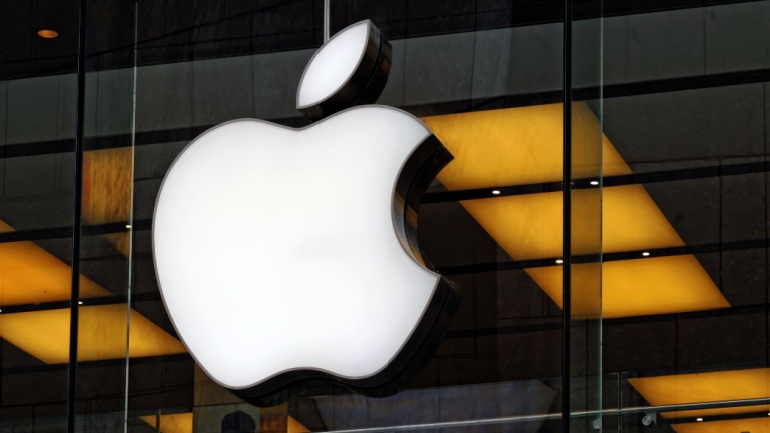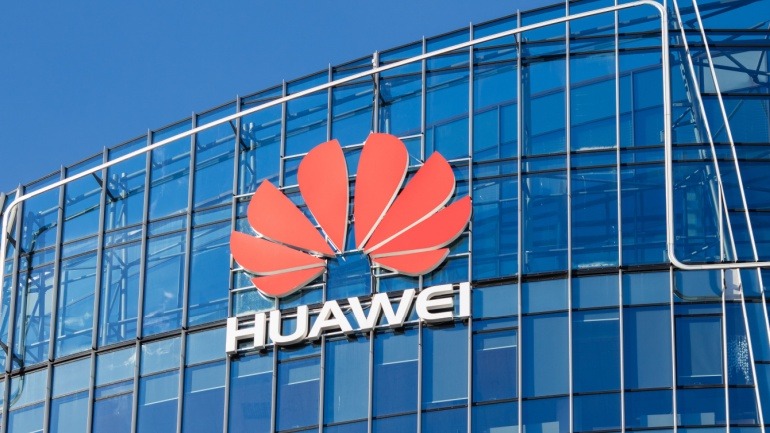The European Commission has imposed a hefty fine on Apple, surpassing €1.8 billion, for its anti-competitive practices concerning music streaming services via its App Store. This penalty stems from an investigation initiated by a complaint from Spotify, the music streaming behemoth, nearly five years ago. Accusing Spotify of greed, Apple has announced its intention to contest the fine.
The crux of the issue lies in Apple’s control over music streaming app distribution for its iOS devices, which the Commission deems a violation of EU antitrust regulations. Specifically, Apple’s rules prevented developers from informing users of cheaper subscription options available outside the App Store. Apple’s imposition of a 30% commission on in-app subscriptions, which ultimately affects prices for consumers, was highlighted as a key concern. Although users could technically avoid this surcharge by subscribing directly through a provider’s website, the Commission argued that Apple’s policies made such alternatives less accessible.
Apple defended its stance, claiming the decision ignored the absence of consumer harm evidence and the competitive nature of the market. The company pointed out Spotify’s dominant market position, which requires no commission payments to Apple since Spotify does not process subscriptions through the App Store. Apple’s criticism extended to Spotify’s desire to further benefit from the App Store’s ecosystem without adhering to its established payment mechanisms.
Margrethe Vestager, the Competition Commissioner, emphasized that Apple’s practices restricted consumer choice and potentially led to higher prices for some users. The fine reflects both Apple’s market power and the perceived damage to European consumers. However, the ruling’s lack of detailed harm evidence might bolster Apple’s appeal, focusing particularly on the fine’s justification and the enforcement of upcoming digital regulation.
As Apple prepares for a likely prolonged legal challenge, the broader implications for market practices and regulatory enforcement in the digital economy remain a focal point of this landmark case.







